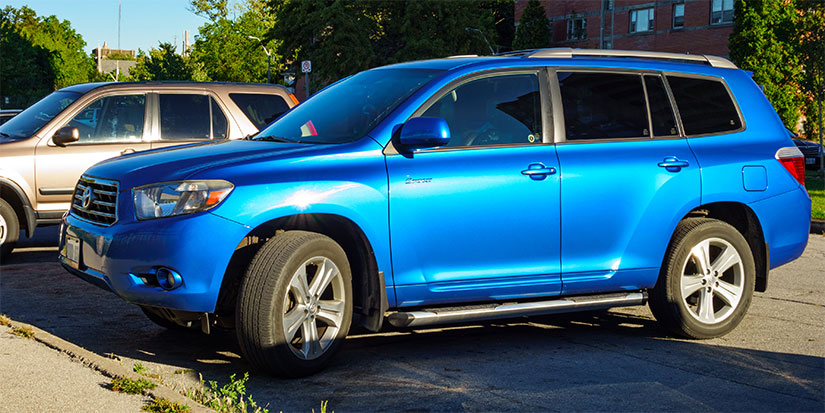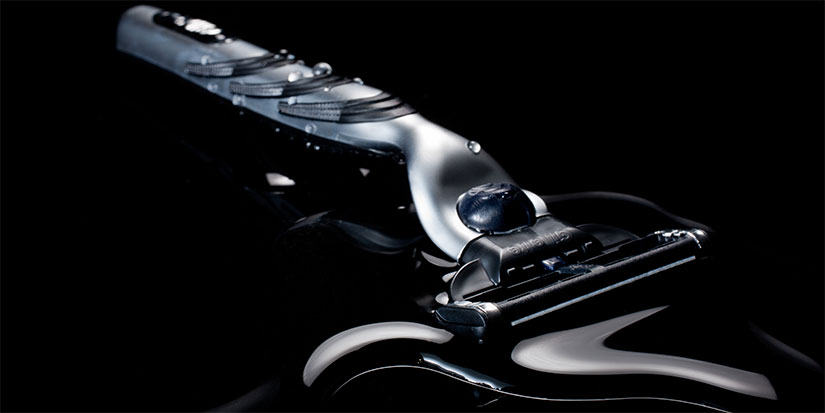
NIGHT MOVES and the Pitiful State of the American Literary Man
I want to talk about why this book is important.
Owning a Beater Car
There is something to be said for a beater car. And these days, buying a new car is a luxury.

I Was Right About Everything
I wrote No Worries mostly in 2021, in the interregnum between winter and spring semester in my MFA program. I had bold ideas, but they had not yet been put to the test. If you want to know how you will respond to financial stress, put yourself under some financial stress and find out.
That’s what I did: I built a humongous house. The process has been painless (for the most part), but the house has cost more than my wife and I had initially anticipated—partly because of inflation and partly because we wanted some significant upgrades. It’s actually worse than that… we have money flying out the door like you wouldn’t believe. And we’re in the process of furnishing this house, which isn’t cheap either. We are frequently buying stuff off Restoration Hardware and Pottery Barn. Every day, I am spending money on something new.
Well, on Saturday, I went out to lunch with my wife at Tupelo Honey, and the lunch came out to $41, or $51 with tip. Now, ordinarily paying $50 for lunch causes me some psychic pain because the same lunch was $32 five years ago. Fifty bucks for lunch—I still haven’t gotten used to it. But in the context of the tens of thousands—even hundreds of thousands—of dollars I have spent on the house, it is absolutely meaningless. It makes no sense to spend even a second thinking about a $50 lunch when you are going to go to Pottery Barn right afterward and drop $1,000 (which we did).
So, in my book, I was right: The small things do not add up to big things. I would have to skip lunch out 10,000 times to make back when I am spending on the house. That’s more lunch than I could possibly eat in a lifetime.
Don’t sweat the small stuff. The small stuff is small stuff. Sweat the big stuff instead.
Saving
The other thing that occurred to me when I was having lunch with my wife is how much we were saving up until the point that we moved. We were saving a boatload. I am not a big spender—my “walking around money” expenses add up to about $2,000 a month, and the only time my credit card bills went over that was when I bought something fancy from John Varvatos. $2,000 going out, and many multiples of that coming in. I was saving money like mad, without even really trying. The money was piled like snowdrifts in my bank account.
I mean, there were plenty of things I could have spent that money on. I could have bought a new car, and I kind of need a new car. I could have done some renovations on the house, and the house needed some renovations. I could have taken more fancy vacations. I could have gone to Vegas and gambled. I could have done all these things but didn’t, and the money piled up for years…
Until the day I decided to spend it all on my dream home. That is the power of saving.
And keep in mind, all that time when I was saving money, it didn’t feel like I was saving money. It’s not like I was denying myself anything I really wanted. I just didn’t want anything expensive, apart from some clothes.
So, once we get settled in the house and stop spending money, we’ll return to savings mode. We will be done with the trips to Restoration Hardware and Pottery Barn. We will be done paying out general contractors. We will have a mortgage, which will suck up some of the cash flow, but I’ll go back to spending $2,000 a month on gas and food and stuff, and not much else.
Then I will be saving again, and we can take some of those savings and prepay the mortgage aggressively—something else I talk about in No Worries. In three to five years, we will own the house free and clear. Magic.
The Little Stuff
I didn’t get much of this, but some of the reviews of the book thought I was full of crap and that the little stuff (like going to lunch) really did matter. Okay, sure—if you took it to an extreme and got a $50 lunch every day of the year, that would be $18,250, which would be a big thing. But in reality, nobody does that. So, stop with the nonsense.
Like I said in the book, the biggest, riskiest thing you will do in your life is buy a house. And if you want to build a house, that is even bigger and riskier. Blow-drying your razorblades isn’t going to get you there.
Also, buy the book if you haven’t already. For Pete’s sake!

Jared Dillian, MFA
|

Advancing Your Career: MBA vs. CFA
When some people want to advance their careers, they get an MBA. That’s what I did—I graduated in 2001 with my MBA from the University of San Francisco. That was a good decision. It has proved valuable, and I learned a lot.

The Virtues It Takes to Make Money
Money is not the root of all evil, and the love of money is not evil. Money is good, and it’s because of the virtues that it takes to make it.
